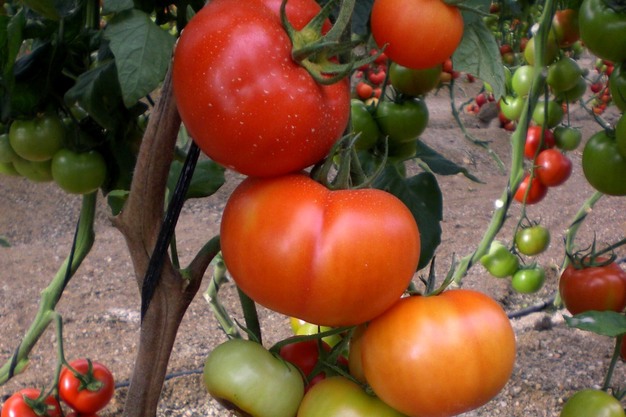"Geopolitical instability, with different open international conflicts, continues to mark the situation that the agri-food sector is suffering. Many legislative controversies from Brussels continue to affect agricultural activity. In addition, there was a lot of uncertainty due to water issues this year. Rainfall has been almost non-existent in much of the national territory, and in particular in our province."
"The positive note comes, in part, from the agricultural slates. However, not all the values at which the fruits and vegetables were sold were acceptable, as melon and watermelon prices in the last campaign, and zucchini and eggplant prices in part of this campaign, were lower than production costs," stated the provincial president of ASAJA Almeria, Adoración Blanque.

In general, "in 2023, the high production costs have had to be compensated by the average increases in sales prices at origin. As a result, the productions that couldn't reach normal production levels because of weather or phytosanitary reasons had losses," she stated.
"Regarding income, it was a positive year for a large part of the fruit and vegetable farms. Different products, like all tomato varieties, improved their position, recovering, so far, part of the cultivation area they lost in previous years. Thus, the surface in tomato and pepper cultivation stabilized, while zucchini and cucumber experienced the greatest growth. Watermelon, however, did lose surface area in spring due to the lack of water for irrigation in the Levant area."
"However, productivity was affected by different issues that affected the crops. There were new issues, as well as some pests that have already consolidated their expansion and are causing numerous damages in our productions, such as the tomato brown rugose fruit virus, Thrips parvispinus in pepper, or the new aphid, among others. Fortunately, as on other occasions, our sector is demonstrating its rapid ability to act in the face of these incidents, and it's beginning to adapt to combat them with the help of integrated pest management and the farmers' good management practices."
For more information:
ASAJA Almería
https://asajaalmeria.org
